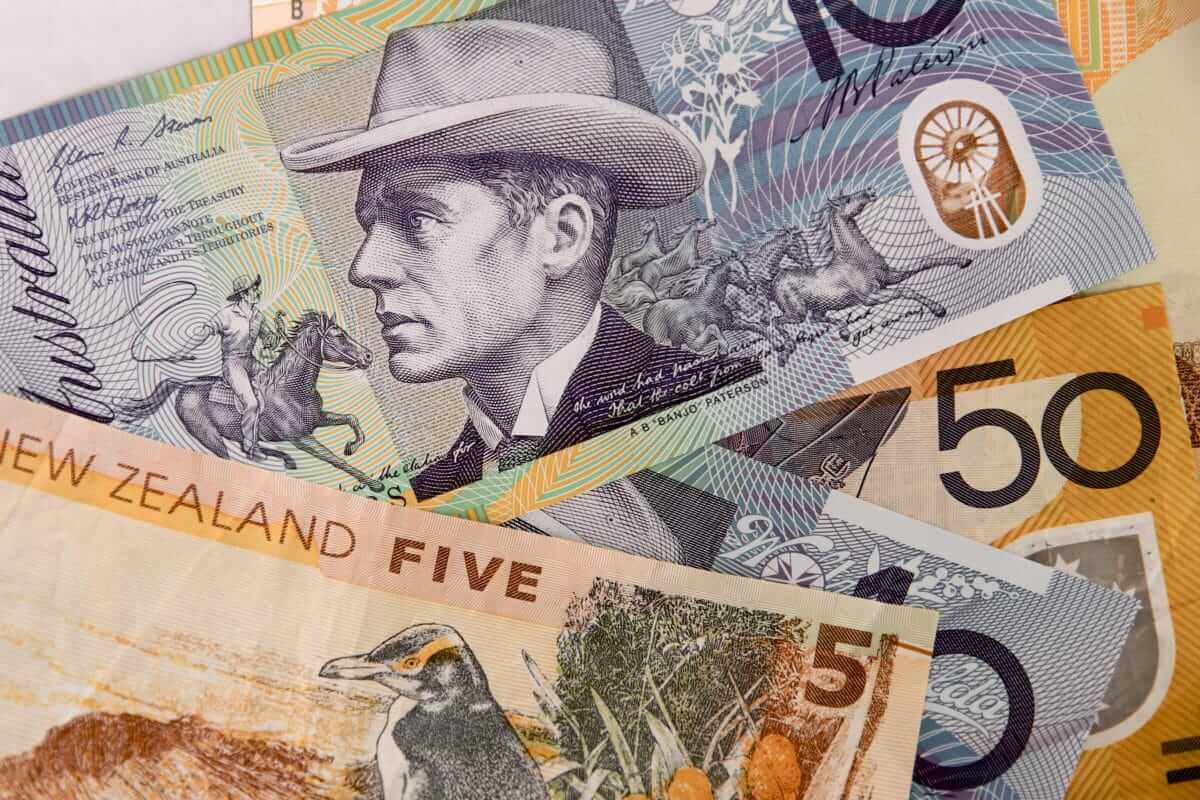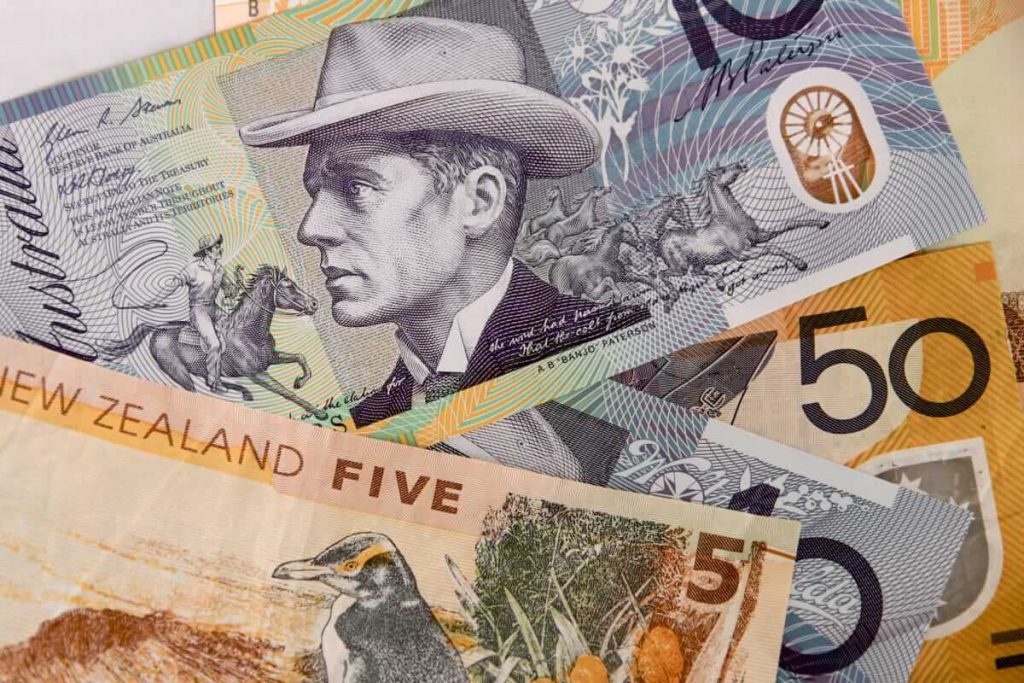
New Zealand dollar fell to 3-month low; Aussie gains
On Monday, the risk-sensitive currencies, the Australian dollar and New Zealand dollar, witnessed a massive change. The New Zealand dollar declined to an almost three-month low, while its Australian counterpart gained. Remarkably, worries of broad market contagion from indebted China Evergrande Group receded.
Furthermore, increasing commodity prices also supported the Australian dollar and Norway’s crown. Meanwhile, the safe-haven currency, the Japanese yen, was pressured as higher U.S. yields attracted Japanese investor money.
The euro was slightly changed at $1.17205, overlooking developments in German elections on the weekend.
The U.S. dollar index, which tracks the dollar against six rivals, was slightly weaker at 93.240.
Meanwhile, U.S. yields increased to their highest since the start of July as the market expects tighter U.S. monetary policy.
As we know, the Federal Reserve reported last week that it may begin tapering stimulus in November, and signaled interest rate rises may follow earlier than expected.
Analysts say that fears that Evergrande could default on its debt has overshadowed trade last weeks. However, some of those contagion concerns are receding.
The central bank of China injected a net 100 billion yuan into the financial system on September 27.
The market is now waiting for central bank speakers this week
The Japanese yen declined to 110.81 per dollar, a nearly two-month low. Additionally, benchmark 10-year U.S. Treasury yield hit 1.4660% on Monday, the highest since July 2. However, it fell to 1.4527%.
The Australian dollar increased by 0.37% to settle at $0.72835. Remarkably, in the previous week, the currency traded close to $0.72205, its lowest since August 24.
Moreover, the Norwegian crown increased around 0.4% and hit 8.5493 per dollar for the first time since July 6.
The Canadian dollar surged by nearly 0.3% to C$1.2622 per dollar.
Furthermore, Brent crude increased for a fifth day, closing in on $80 a barrel, while iron ore, copper, and other industrial metals advanced.
The market is now waiting for central bank speakers this week. Remarkably, Federal Reserve Chairman Jerome Powell will join Treasury Secretary Janet Yellen in speaking to Congress on September 28.
Notably, the ECB hosts an annual forum on Tuesday and Wednesday. European Central Bank President Christine Lagarde will join a panel discussion on day two with Jerome Powell, Bank of Japan Governor Haruhiko Kuroda, and Bank of England Governor Andrew Bailey.
In cryptocurrencies, the dominant cryptocurrency, Bitcoin, traded close to $43,527.20. Meanwhile, the second-largest cryptocurrency, Ethereum, stood at $3,074.80.


